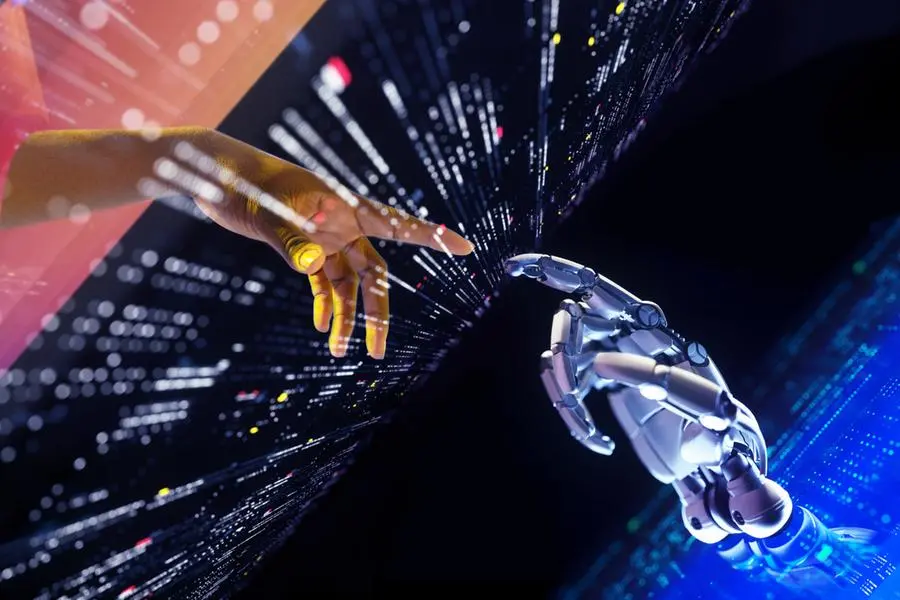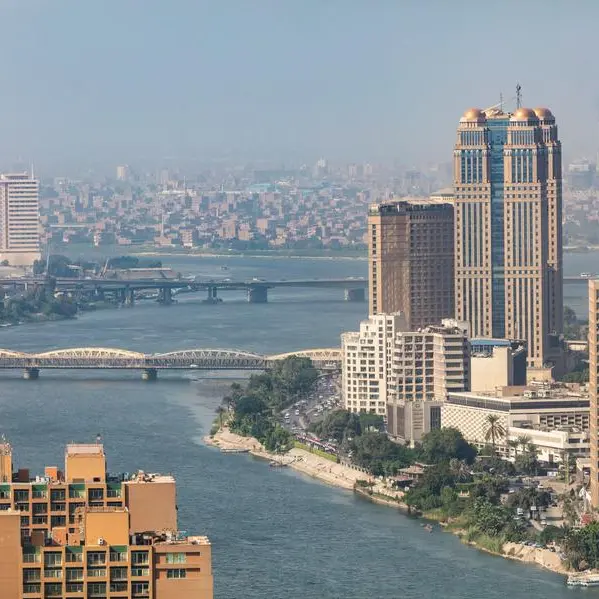PHOTO
DUBAI: Ignacio García Alves, Global Chairman and Chief Executive Officer of Arthur D. Little believes AI can unlock human creativity, allowing us to achieve previously unimaginable breakthroughs.
It’s the second time Alves is taking part in the World Governments Summit (WGS). This year he was a speaker at a session titled “Algorithmic Living: Enabling the Human Genius” at the first day of the Summit.
Speaking to the Emirates News Agency (WAM) at WGS 2024, Dr. Alves acknowledged the widespread anxieties surrounding artificial intelligence (AI). Many people, he explained, fear losing their competitive edge or even their jobs to AI.
"Traditionally, we've viewed ourselves as the pinnacle of intelligence on Earth," Dr. Alves added. “This perception naturally fuels concerns about AI potentially surpassing us.”
However, Dr. Alves emphasised that throughout history, technological advancements have invariably assisted or even replaced human roles, ultimately leading to positive outcomes. He drew parallels to previous industrial revolutions, where technology initially sparked anxieties but ultimately improved lives.
"For example," he explained, "computers partially replaced support tasks, but ultimately created new, more specialized jobs." Similarly, the internet may have displaced some research jobs, but also birthed entirely new ones. "We believe AI will follow the same pattern," Alves stated, referencing a survey by Indeed showing younger generations harbouring the most AI anxiety. He attributed this to older generations having witnessed multiple technological advancements while younger ones lack such experience.
Alves acknowledged the ethical concerns inherent in powerful technology falling into the wrong hands, emphasising the importance of discussions at WGS 2024 to "speak and exchange, to find solutions."
He concluded by referencing the session's theme: "Algorithmic Living: Enabling the Human Genius." This initiative aims to counter misconceptions of AI replacing human minds by highlighting the irreplaceable role of human capital and finding an equilibrium between both forms of intelligence.





















